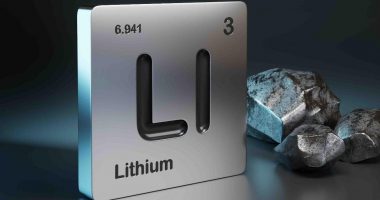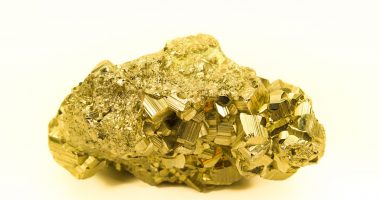- Memphasys’s (MEM) FELIX sperm separation technology has led to 11 successful pregnancies and births in India with 10 more announced today
- The company’s FELIX product is a compact box device box that separates the largest sperm from semen, providing a concentrated sperm sample from a donor with a higher chance of successful fertilisation
- Shareholders are struggling to understand new Indian MedTech reforms which could extend the company’s path to profitability
- India is the fifth largest addressable market for men with infertility problems with some studies suggesting up to 14 per cent of Indian men are infertile or less fertile than average
- Shares last traded at 1.5 cents
Memphasys (MEM) has announced that its patented sperm isolation technology has resulted in 10 new births in India for couples experiencing difficulties conceiving a child.
The company is targeting entry into the Indian market. However, the recent reforms in India’s medical devices legislation, which aim to protect its citizens with more stringent regulations, have made it harder for Memphasys to export its self-contained sperm separator products to India.
This technology is known as ‘the FELIX System,’ which was already in existence before Memphasys acquired the rights in 2015 but was not monetised.
In essence, the hardware—a compact box device—separates the largest sperm from semen, providing a concentrated sperm sample from a donor with a higher chance of successful fertilisation.
Samples are deposited into a receptacle, which is then placed into the machine for separation. In the past, sperm extraction required surgical procedures.
“The use of the Felix Device enabled the patients to undertake this gentle treatment without needing to resort to invasive procedures such as surgical sperm retrieval,” study clinician Dr Ramaya Jayram said.
The target market for this technology includes men with infertility issues, particularly related to sperm quality and DNA damage.
India represents the company’s fifth-largest customer base. Memphasys is also exploring opportunities to enter the Japanese and New Zealand markets with FELIX.
India, like much of the world, is grappling with a significant infertility crisis, with some sources reporting male infertility rates as high as 14 per cent.
While the Indian regulatory environment has presented a hurdle, investors and management remain confident that success in India will provide influential data for decision-making in other markets.
All in all, FELIX has now facilitated eleven healthy births in India.
“MEM is also seeking regulatory advice on importing the FelixTM System into India for special test purposes until it achieves in-country (TGA) registration which would enable unrestricted importation of the device,” Memphasys wrote on Friday.
MEM shares last traded at 1.5 cents.








